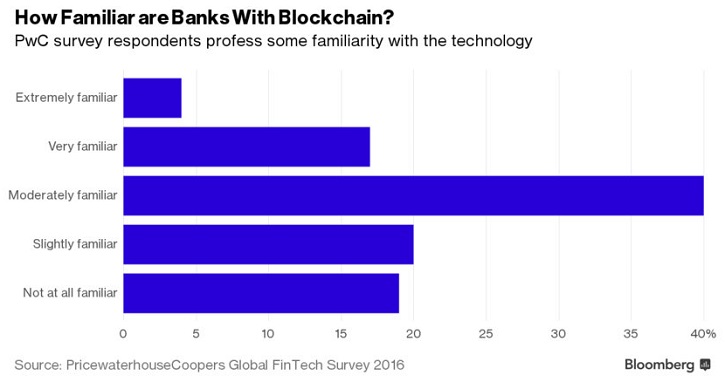It wasn’t very long ago when a Blockchain was just a glimmer in a Nakamoto’s eye before it launched the transformational decentralized digital currency, Bitcoin. After several successful years of testing, through millions, if not billions of transactions through it around the globe, it seems the mainstream is impressed enough to jump into its waters.
The latest example is a new partnership between Wells Fargo and the Commonwealth Bank of Australia that is using Blockchain technology as we speak. This partnership is sending physical goods across the globe, with some smart contracts thrown in for good measure, according to Bloomberg.
It appears that the maiden voyage of this new use of Bitcoin’s innovative Blockchain technology has already begun. A ship has left Houston, Texas, headed for Qingdao, China with 88 bales of cotton. These aren’t just any ‘ole bales of cotton, however. The $35,000 worth of Brighann cotton will be the initial test run of a new way of doing global trade finance. We’ll know in about two weeks if the eagle has landed on a Blockchain.

These bales will be scanned in by the port staff, as usual, but this time it will trigger a smart contract to authorize payments for these bales through an entry on the Blockchain. There will be no paper trail. There will be no human hands manually performing these confirmation functions. If successful, the old way of doing business may prove to be obsolete.
“Absolutely trade finance is going to move this way,” Jonathan Perkinson, who leads Deloitte’s global Blockchain initiative in Sydney. “Really the question becomes how quickly the sector can align to one solution.”
We’re talking about a $4,000,000,000,000 (four trillion U.S. dollars) global trade business that may get an overhaul in the next few years. This is all thanks to Bitcoin’s Blockchain technology that is being copied and co-opted faster than 12.5 bitcoins can be mined. Major frauds and thefts in the industry have forced big players to seek a better way forward, which is where Bitcoin and its technology have always been waiting for mainstream adoption possibilities.
This new venture is not a lone wolf in this line when it comes to integrating Blockchain technology with the mainstream world of physical goods and services transfer. IBM and Walmart have also announced a partnership where food shipment, food safety and cost-efficiency will be drastically improved using Blockchain technology in WalMart stores in China. The Blockchain will monitor and protect important data like farm origin, expiration dates, storage temperatures, and more. And these pieces of data will be fully protected in a secure Blockchain, not to be changed or altered.
“We strive to stay at the forefront of disruptive technologies to understand how they can be used to enable greater efficiencies and solve the real world challenges our customers face,” said Michael Eidel, head of transactions at Commonwealth Bank. “The interplay between blockchain, smart contracts and The Internet of Things is a significant development towards revolutionising trade transactions that could deliver considerable benefits throughout the global supply chain. Trade finance is one the most clunky processes in business. It is ripe for disruption.”
Funny he should say that. I can think of several other entrenched financial industries that are also “ripe for disruption” through exciting world of Bitcoin technologies.
